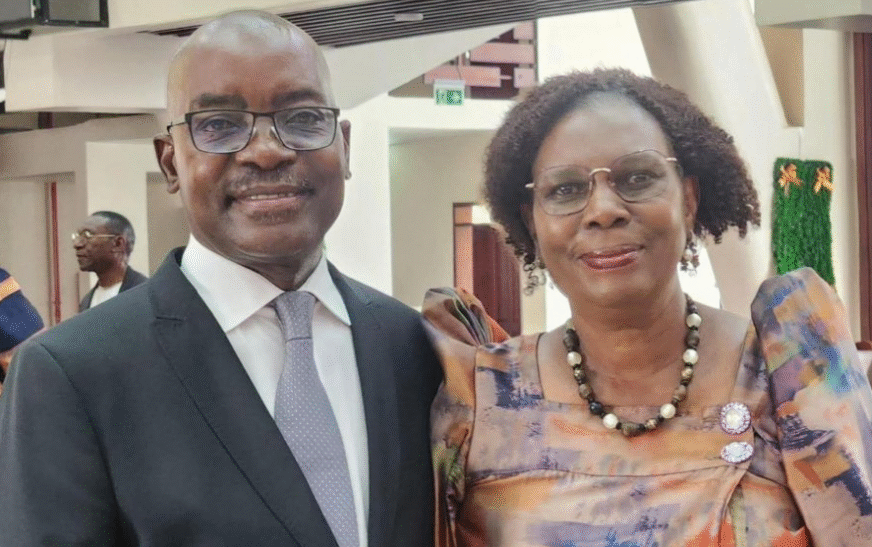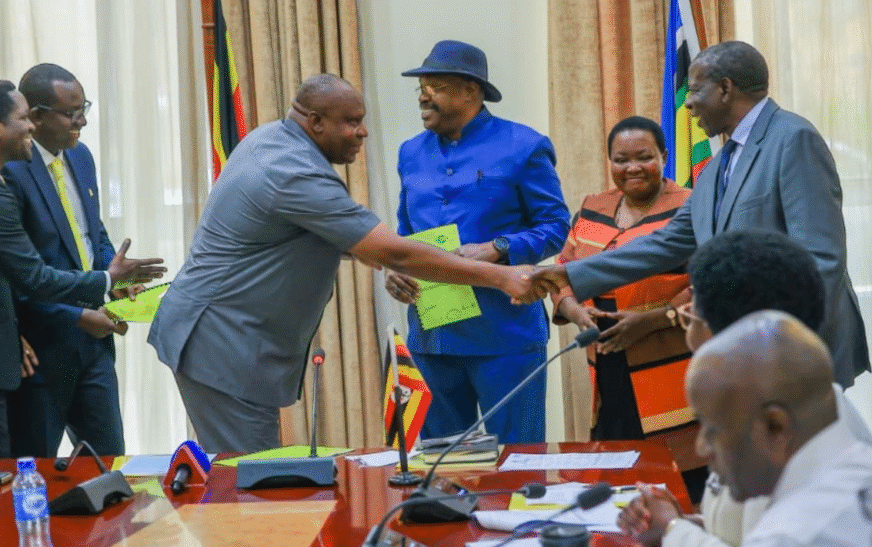In a move that could redefine the relationship between taxpayers and the state, the Uganda Revenue Authority (URA), under the Ministry of Finance, has rolled out what it’s calling a final waiver on all accumulated interest and penalties for domestic tax arrears.
Marketed as a relief measure for businesses still reeling from the economic aftershocks of the COVID-19 pandemic, this amnesty anchored in the amended Tax Procedures Code Act gives taxpayers until June 30, 2026, to settle their principal tax arrears without facing any additional financial penalties.
According to URA Commissioner General John Musinguzi, the waiver responds to a wave of appeals from businesses and individuals who missed the earlier amnesty deadline in January 2025.
“Many taxpayers missed the previous opportunity and have since appealed for reconsideration. This new window will give them space to recover, reduce financial pressure, and free up capital for reinvestment,” he said.
But behind the goodwill gesture lies a pressing reality: the government needs revenue, and many businesses are still operating on the edge or off the books altogether.
To benefit, taxpayers must clear all principal arrears accrued by June 30, 2024. Partial payments qualify for a proportional waiver on interest and penalties. And in a move likely to encourage prompt action, the URA says even interest accrued after July 1, 2024, will be scrapped—provided payment is made in time.
Eligible taxpayers must first file all outstanding tax returns before the amnesty is activated. Once the URA verifies compliance, the relief will be automatically reflected in their TIN accounts.
“This is the final opportunity. We want to promote voluntary compliance rather than relying solely on enforcement,” he emphasized.
It’s a signal that the URA is looking to reset its relationship with the business community, moving from heavy-handed enforcement to a more collaborative approach.
Yet for many entrepreneurs, especially small and medium-sized enterprises (SMEs), even paying the principal amount could prove challenging in the current climate. High borrowing costs, limited access to credit, and slow consumer demand still plague key sectors of the economy.
Taxpayers are urged to check their balances online or visit the nearest URA office. But whether they’ll seize this opportunity or once again miss the window remains to be seen.
If uptake is low, the government may be forced to rethink its enforcement model. If it succeeds, this could mark a turning point in Uganda’s fiscal recovery strategy.





















